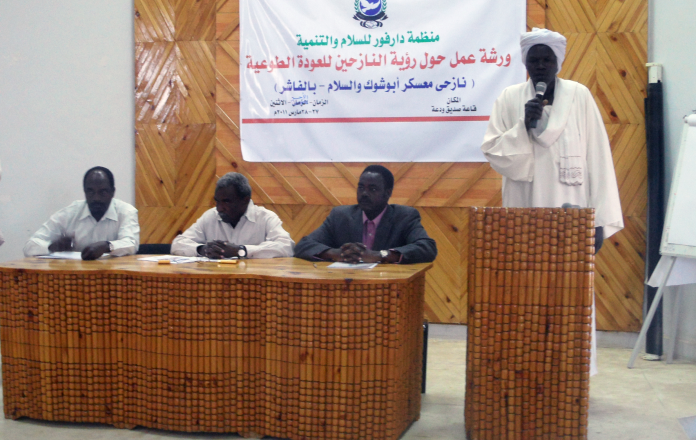
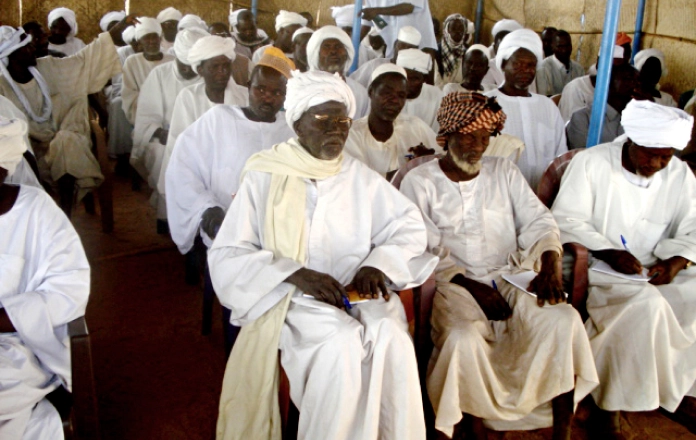
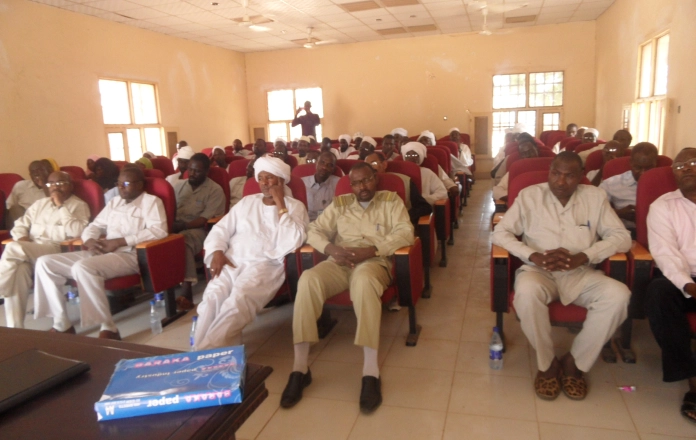
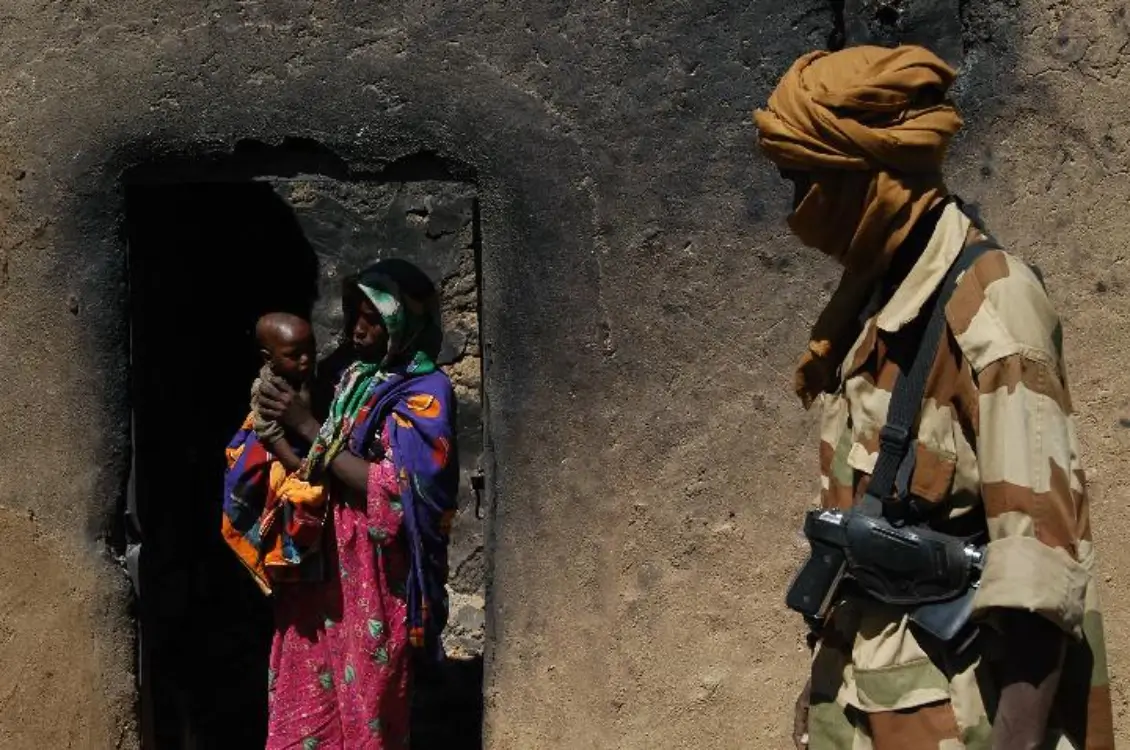

Changing knowledge and attitudes to improve the understanding of the root causes of violent conflicts among conflicting parties, shaping public discourse, and increasing mutual understanding.

Changing behavior by encouraging people to stop violent conflicts to reduce tension and support integration.

Structural changes that encourage an early response strengthen the social network, empower local decision-makers, and change public policy and decision-making mechanisms.
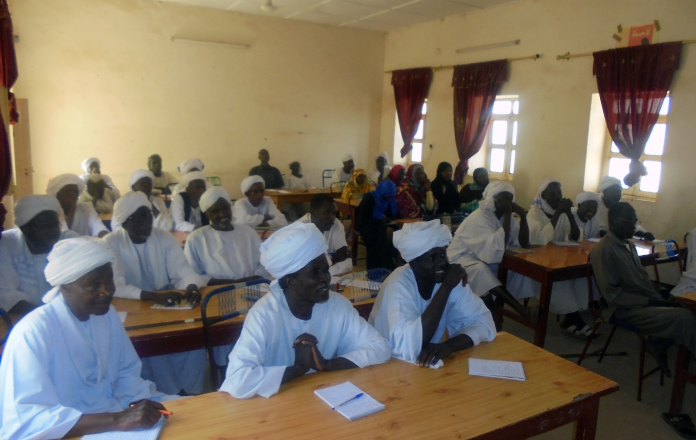
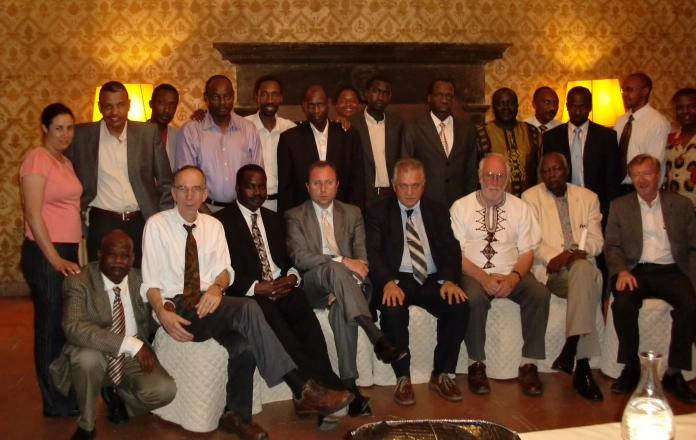
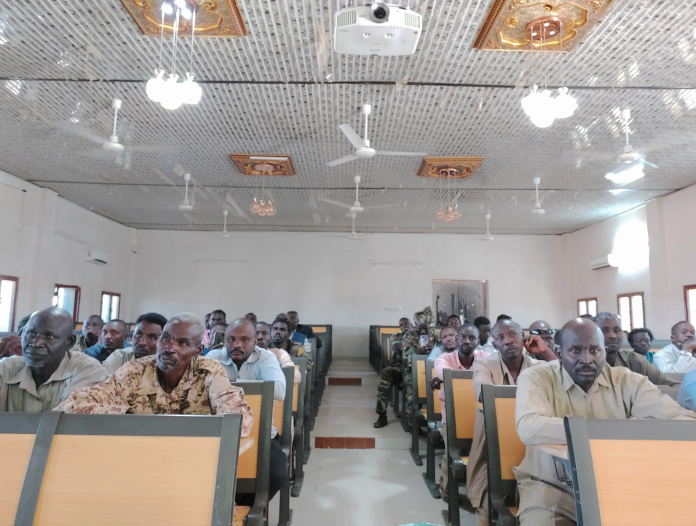
Dr. Sabah holds a Bachelor of Medicine and Surgery from Sanaa University, Republic of Yemen. She is a certified obstetrician and gynecologist by the Jordanian Board of Obstetrics and Gynecology, and the Arab Board of Obstetrics and Gynecology. Prior to her current role as Deputy Director of the Modern Medicine Center, she served as an Obstetrics and Gynecology Specialist at the Dubai Health Authority, Director General of Sharjah City Medical Center, and Medical Director of the National Center of Modern Medicine. Dr. Sabah is a member of the Emirates Medical Association and currently serves as the Chairman of the Supreme Council of Consulting and Training Group (Five and One Training Centre) within Mohammed bin Rashid’s projects – Government of Dubai. Additionally, she is the Chairman of KENZEL FACILITY MANAGEMENT within Mohammed bin Rashid’s projects – Government of Dubai. Dr. Sabah’s extensive experience and leadership in the medical industry make her a valuable asset to our DPDO organization.
Dr. Sabah holds a Bachelor of Medicine and Surgery from Sanaa University, Republic of Yemen. She is a certified obstetrician and gynecologist by the Jordanian Board of Obstetrics and Gynecology, and the Arab Board of Obstetrics and Gynecology. Prior to her current role as Deputy Director of the Modern Medicine Center, she served as an Obstetrics and Gynecology Specialist at the Dubai Health Authority, Director General of Sharjah City Medical Center, and Medical Director of the National Center of Modern Medicine. Dr. Sabah is a member of the Emirates Medical Association and currently serves as the Chairman of the Supreme Council of Consulting and Training Group (Five and One Training Centre) within Mohammed bin Rashid’s projects – Government of Dubai. Additionally, she is the Chairman of KENZEL FACILITY MANAGEMENT within Mohammed bin Rashid’s projects – Government of Dubai. Dr. Sabah’s extensive experience and leadership in the medical industry make her a valuable asset to our DPDO organization.
Dr. Suliman A. Giddo is a highly accomplished expert with over twenty years of intensive and comprehensive experience in leadership, international relations, strategic planning, conflict resolution and disaster and emergency management; having successfully created strategic plans for governments and private institutions in the Middle East, Africa, and the United States. He is also a renowned academic and researcher at George Mason University, with a proven track record of excellence in teaching at American universities including the School of Business at Indiana, and serving in senior positions for several international organizations, including the prestigious American Red Cross, Management System International and Qatar Foundation. Dr. Giddo’s extensive experience includes serving as a consultant for the UA-UN joint mission. He also served as a board member for several institutions and organizations.
Dr.Giddo is the dynamic founder and president of Sub-Saharan University, which offers eight programs in diverse fields such as medicine and general surgery, nursing, medical lab, business administration, information technology, computer network, and banking and finance, with over 2000 enrolled students mostly from Internal Displaced Persons.
Dr. Giddo earned his Ph.D. in Peace Studies and Conflict Analysis and Resolution from George Mason University in the United States, where he demonstrated exceptional academic prowess. He also completed postgraduate studies in Humanitarian Assistance from Fordham University in New York, a Master of Science in Business Administration/Accounting from Strayer University in Virginia, where he was an outstanding alumni (2008), and post-graduate studies in Strategic Planning and Project Management from the prestigious Stanford University in California. Dr. Giddo obtained his B.Sc. in Business Administration from the University of Khartoum.